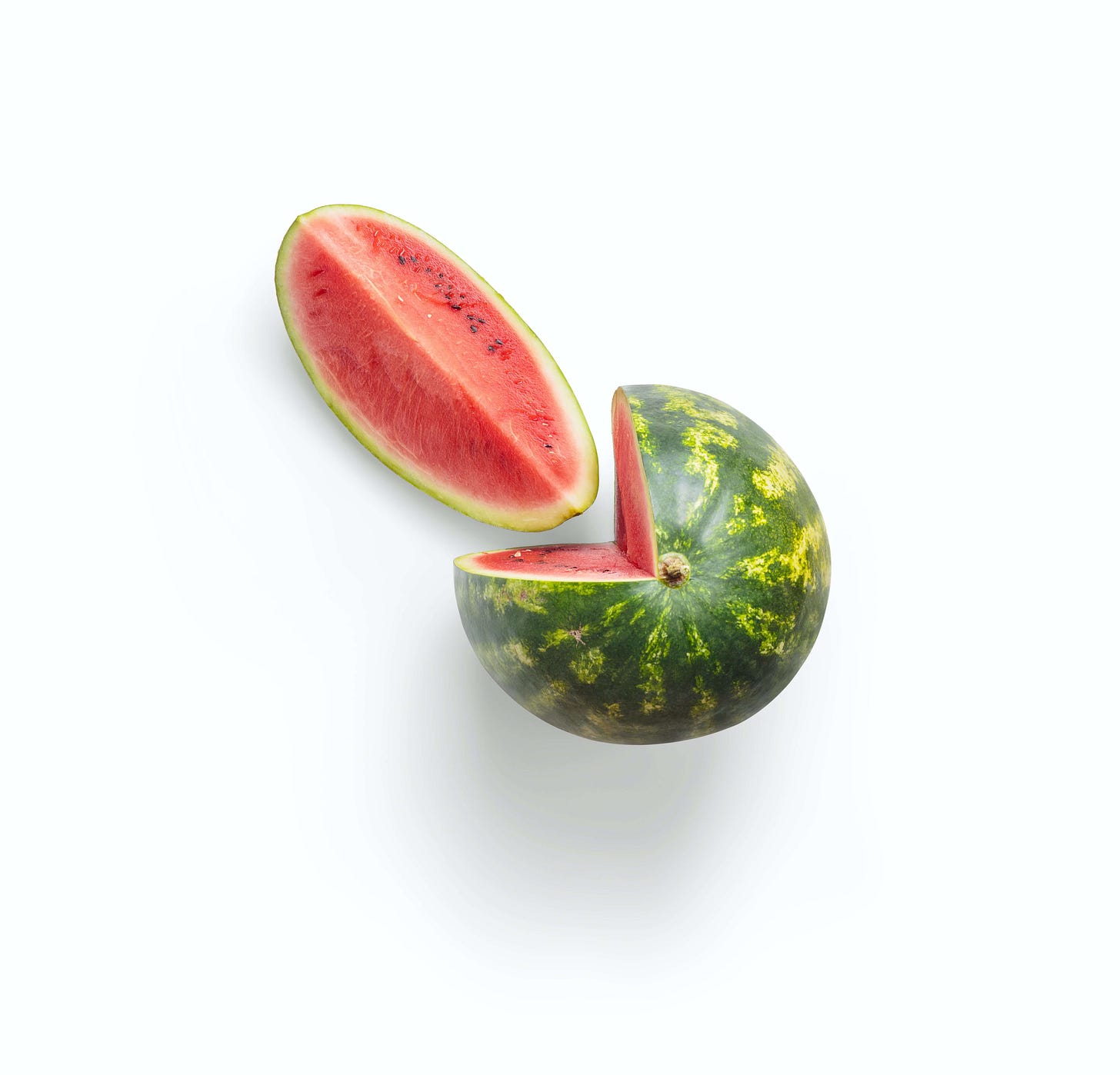On Deck
Hello…howaya?
Welcome to the inaugural issue (#1) of The Cod.
I’m certain I should spout some lengthy introduction about the purpose, programming, and promise of this publication.
But hey, it’s the start of a long weekend…and who wants to read all that?
Let me put it this way, I think you’ll like this newsletter if you…
want to know more about solutions to anthropogenic climate change
see the future as an opportunity for positive good (towards earth and each other)
don’t mind bad puns, silly humor, and an inordinate obsession with cats.
Whatever your purpose here, I’m just super-grateful you’re along for the ride.
We learn best when we learn from each other.
The Bait
Happening now…
ChangeNow2021.
“ChangeNOW is a startup that aims to accelerate the transition to a more sustainable world. Each year, the team identifies promising solutions for the planet and connects them to the resources that they need to scale.”
Free registration: https://event.changenow.world/fr/registration/purchase
Watch the opening session:
Cities, Ocean And Coalitions with Bertrand Piccard (Solar Impulse Foundation), Prince Albert II (Prince Albert II of Monaco Foundation), and Anne Hidalgo (City of Paris).
The Hook
Consumers want green goods. And they’re willing to pay more for them.
That, according to customer review vendor Bazaarvoice, as reported by DigitalCommerce 360.
This continues a trend of increasing consumer support for brands that put sustainability into practice (for reals, not pretends).
From the article:
“Merchants including HelloFresh, Yamamay, Boyish and Davines share the ways they are making their fulfillment operations more sustainable, such as by changing product packaging, reducing shipping packaging, offsetting carbon emissions and more.”
If you want to know how companies are responding—and inspire your own thoughts about sustainability and green marketing—head over to...
https://www.digitalcommerce360.com/2021/05/24/making-fulfillment-more-sustainable/
The Line
Treating your coral garden with tender, loving care can give it a leg up during marine heatwaves.
Reporting in the journal Science, marine scientists report that coral reefs with fewer human impacts—such overfishing and nutrient pollution—survive heatwaves better than reefs where those stressors are present.
The study offers hope for controlling coral bleaching using local management practices that reduce fishing and control waste. Healthy fish populations keep corals algae-free (thank you, herbivores) and controls on nutrient outflows reduce algae overgrowth (uhh, recycle your sh@#, humans)
A healthy reef is a resilient reef.
Local conditions magnify coral loss after marine heatwaves. Donovan et al. 2021
The Sinker
The “Net-Zero” Controversy—how to make what goes into the atmosphere equal to what comes out (naturally or with geoengineering)—really got going on Twitter this week.
Release of the International Energy Agency (IEA) report Net Zero by 2050: a Roadmap for the Global Energy Sector got big headlines for what it said and what it didn’t say.
In a nutshell, yeah, it’s possible, but we’ll have to use magic.
The conversation reminded me of an adage that goes around education circles:
“We are preparing students for jobs that don’t exist using technologies that haven’t been invented to solve problems that we don’t even know are problems yet.”
Teachers have this handled, thank you very much.
Le Fin
In conclusion…and with a nod to the long weekend and its feast of greenhouse-gas emitting foods and gas-guzzling festivities (hey, just keeping it real)…I bring you this article from the New York Times on the origins of one of my summer holiday favorites, the watermelon:
“Genetic analyses revealed that the Sudanese Kordofan melon, which has nonbitter whitish pulp, may be the closest relative to our sweet, red, delicious summer favorite.”
According to Healthline, it’s even good for you.
Have a positively wonderful weekend!
Professor Sean








